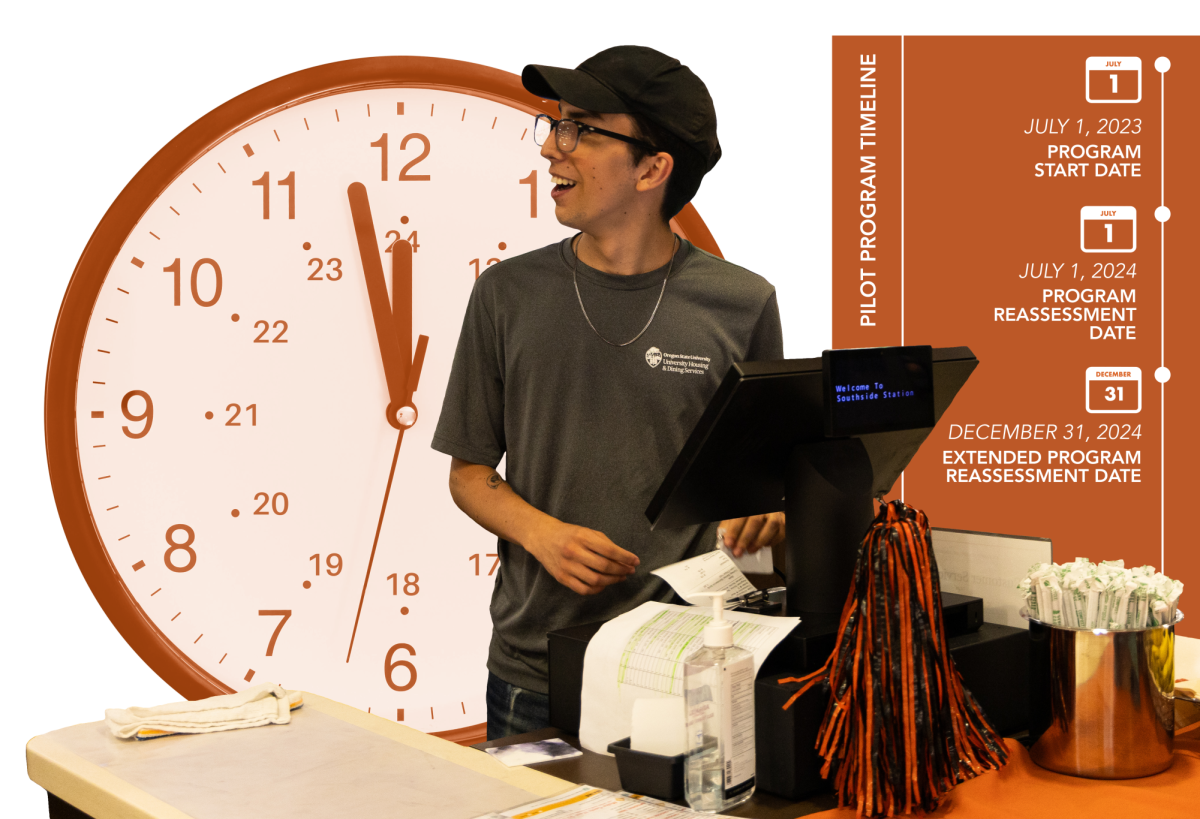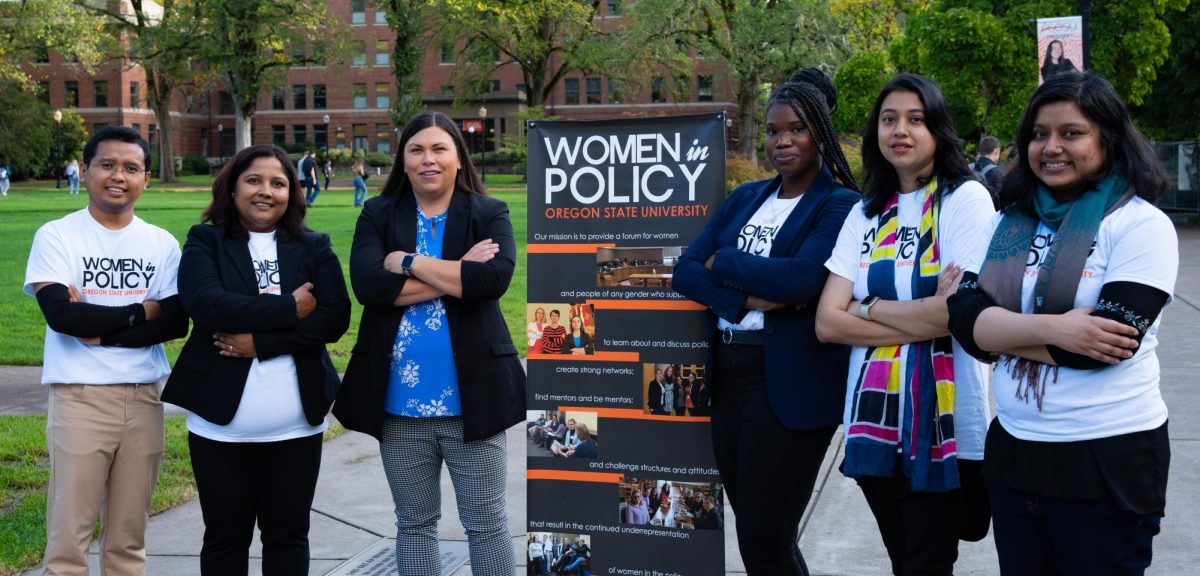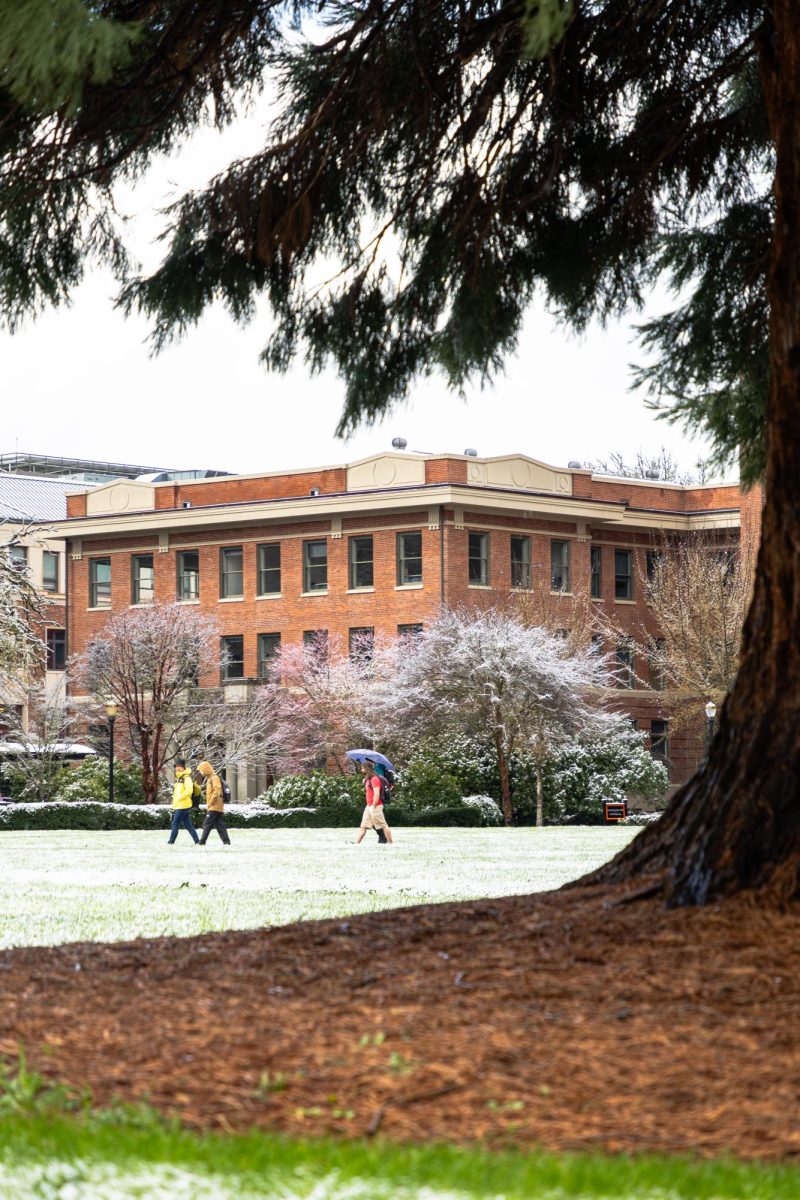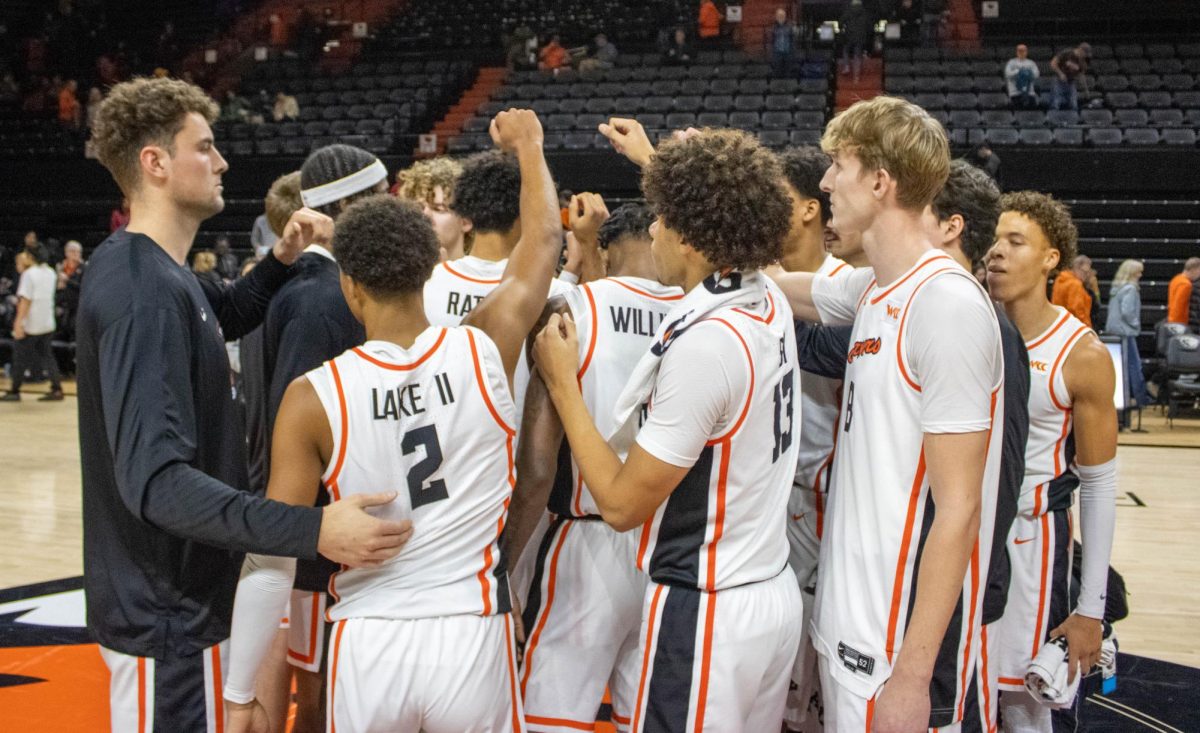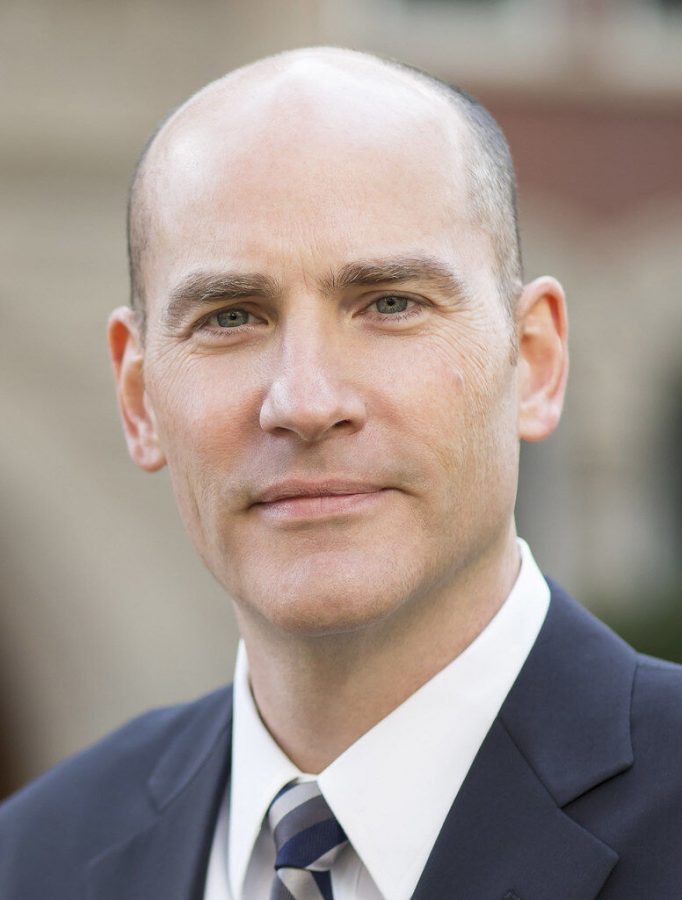Plans are underway to extend the pilot program for longer student work hours.
Last year, Oregon State University introduced a one-year pilot program to extend student working hours from 20 to 24 hours a week. The program became effective July 1 2023, according to the OSU Office of University Human Resources.
The pilot program has been extended through December 31 to “gain more access to the long term impact of the change,” said Sean Nealon, news director for University Relations and Marketing.
Students and supervisors were expected to monitor hours to make sure student workers stayed within the 24 hour limit. Once a student reached 20 hours, nearing the limit, an email alert was sent out from EmpCenter. If a student exceeded the working hour limit, cost benefit implications were to be experienced by OSU departments.
According to Matteo Paola, ASOSU Student Fee Committee chair, the pilot program applies to both graduate and undergraduate students for anyone working under an hourly student position. For international students, the program does not apply due to their visa, which restricts working hours to 20 hours a week.
The permanent extension of the program to 24 hours is not guaranteed, according to Paola. It depends on the OSU departments and if they are willing to pay for that 24 hours.
“I haven’t heard or seen anything to indicate that anything is going poorly,” Paola said. “A lot of the departments like having the ability to let the workers work extra hours.”
For some OSU students, the previous 20 hour cap was stressful, specifically for students trying to earn more income.
Troy Lopez, a third-year computer science major at OSU, works at the OSU Office of Information Security. He said that he would frequently work 20 hours a week which would limit his pay and occasionally inconvenience his co-workers.
“I really appreciate the extended hours,” Lopez said in a message.
According to Lopez, the program has been convenient for students who work on campus, as there is less pressure to find other jobs off campus to pay the bills.
“In my personal experience, the program seems to work well as-is. As long as you communicate with your scheduling person, it seems pretty manageable to set up hours that work for you,” Lopez said.
According to Andrew Canjar, third-year nuclear engineering major at OSU, there is no problem with the extension of working hours for students. Canjar is currently doing research for Wade Marcum Research Group at the radiation center.
“I think the number of hours a student can safely and comfortably work during the school year should be left to their discretion,” Canjar said. “If they are able to excel academically as well as earn enough money to sustain themselves in college, what’s the problem?”
As the program nears its end, there is growing support to extend the program indefinitely for OSU departments and student workers.
“I haven’t seen anything that indicates that it wouldn’t be extended indefinitely,” Paola said. “But I guess we won’t know for sure until we get the data in December and that is reviewed.”











































































































